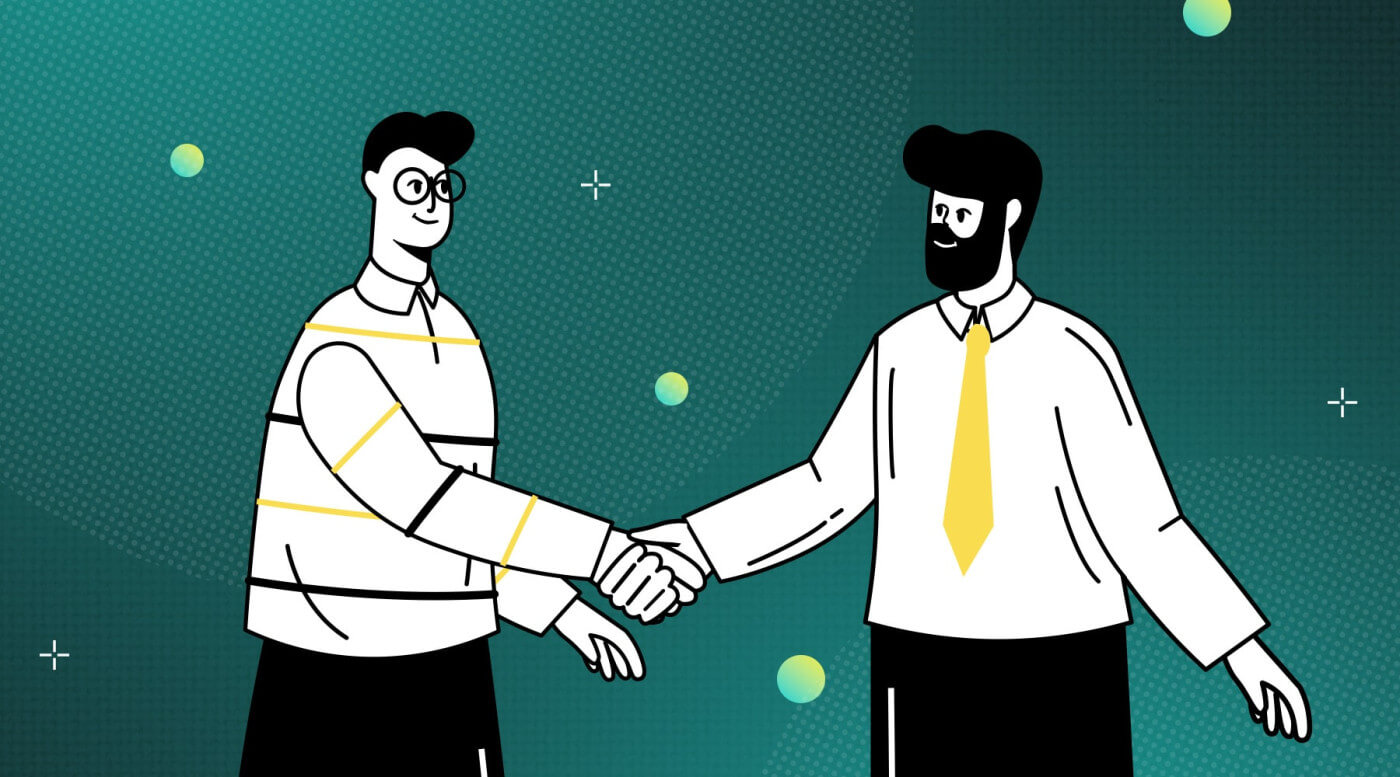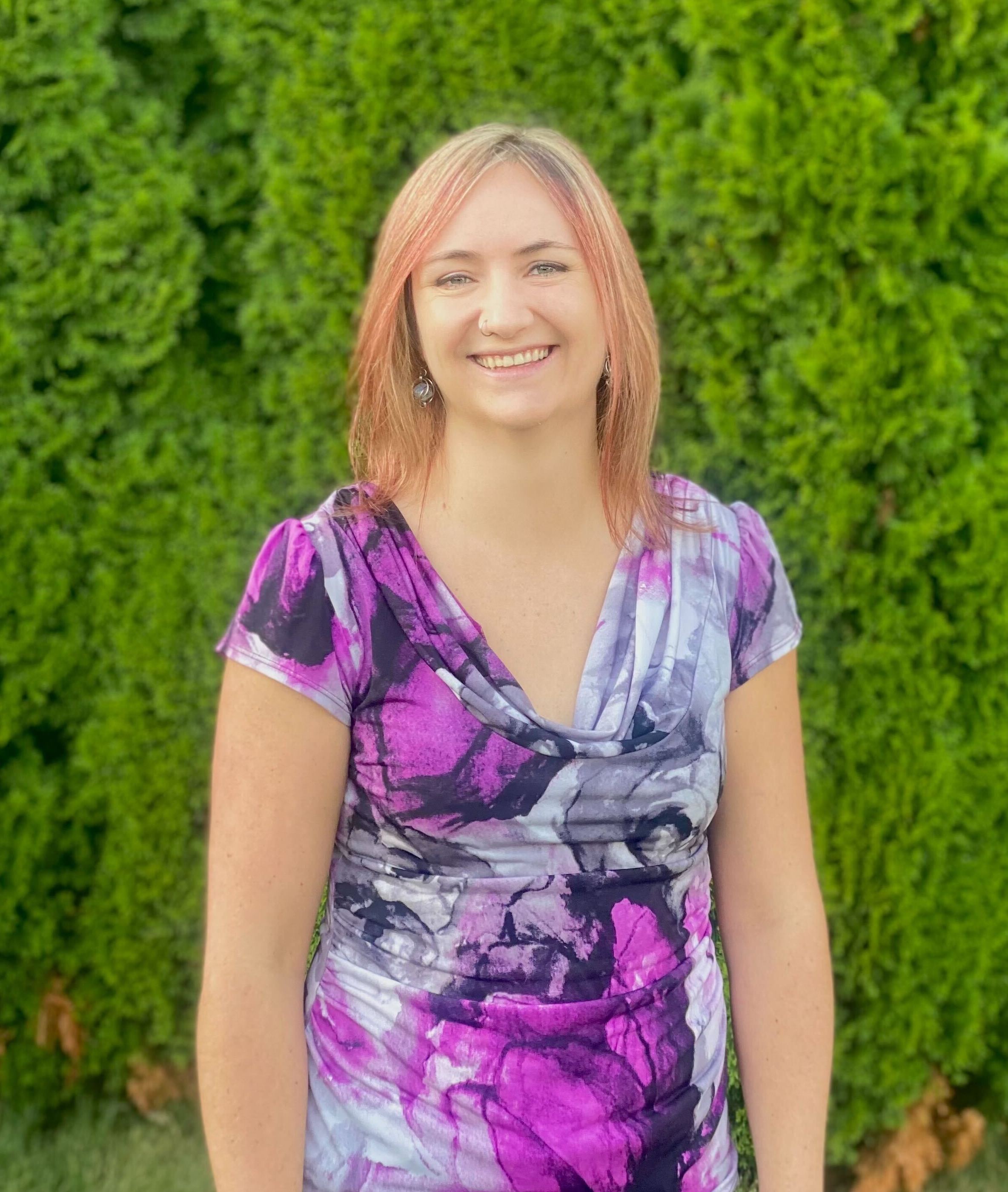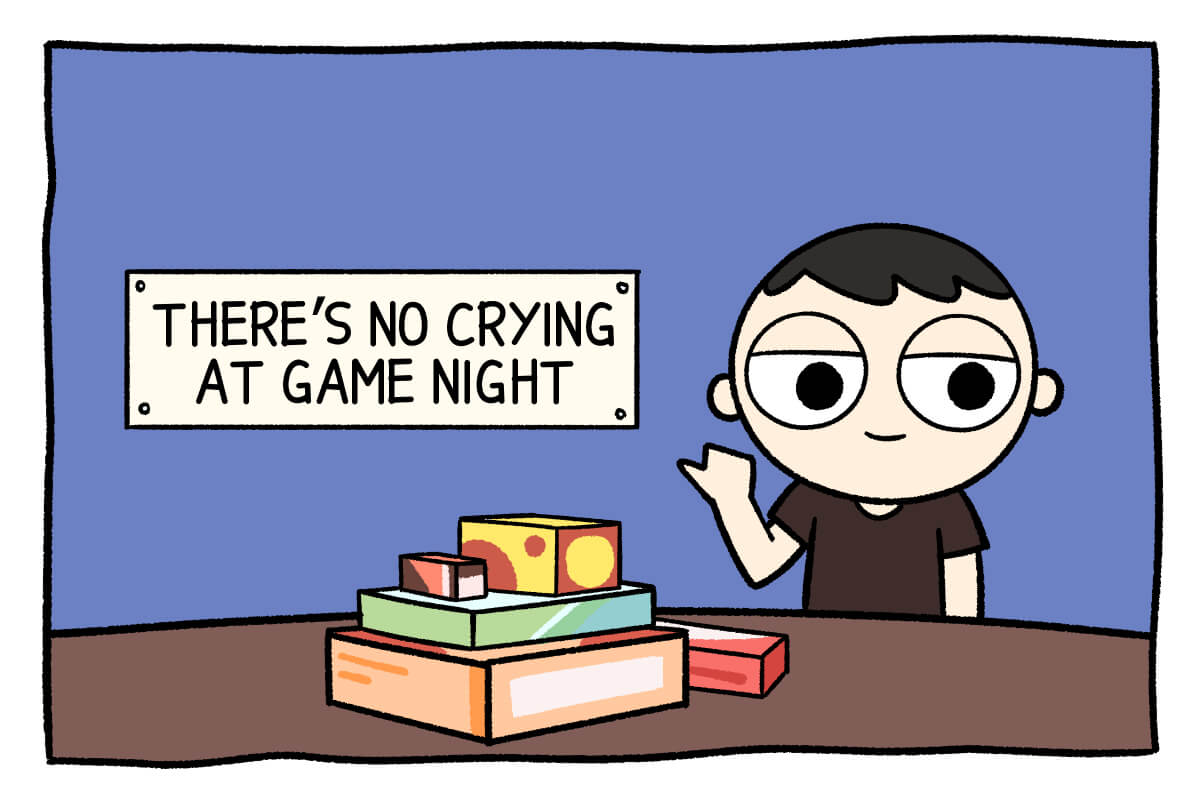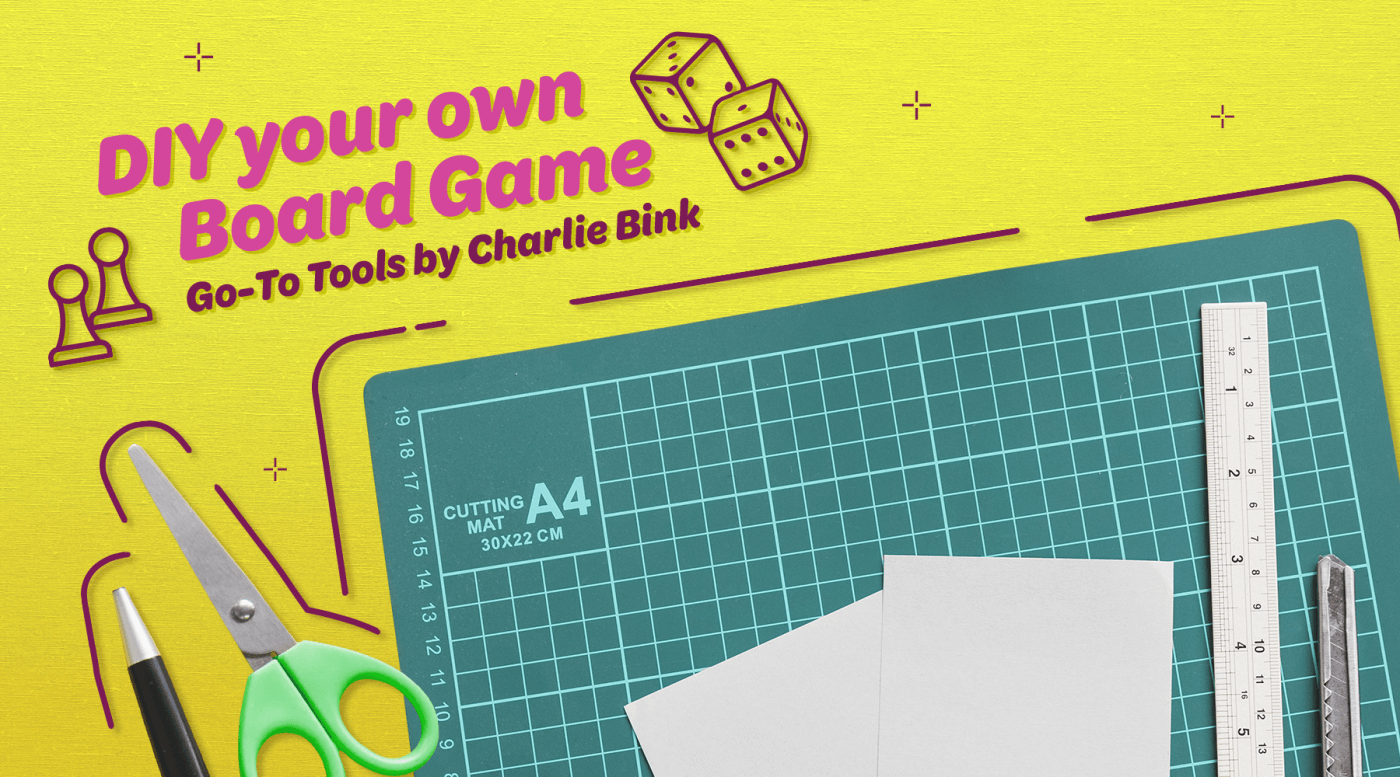So you’ve decided you want to get into board game design. You probably ignited a spark in yourself after homeruling a few games or, in my case, attending GenCon and seeing all the games out there. Maybe you’ve even built a prototype by doodling on flash cards or printing out and sleeving some cards.
If you're wondering "what's next?", our article from Charlie Bink will give you a few options to consider. One of the important steps in moving forward with board game design is getting involved in the industry, and that's what I want to focus on here.
Personally, I attend a lot of conventions, which gives me a chance to meet new people and network. But not everyone can get to these in-person events. Here are my best tips to extend your network and keep learning as you explore the world of board game design.
Get involved in playtesting.
One of the best ways to network and meet others is through playtesting. Start out by looking for designers, game developers, and playtest groups in your local community or online. You can find tons of groups on Cardboard Edison’s website. (Keep in mind that some of the links on Cardboard Edison might be old since covid has changed how we playtest.)
The best thing about online groups is that you don’t need to live in the area to join. I used to run the Chicago Tabletop Game Design Group in person and then took it online back in 2020. When the world started opening up, the online group disbanded but many other groups are still active. You can always start up your own group, too. In case it's helpful, here’s a blog post about how I started mine.
You can also attend Unpub’s and Protospiel's to playtest and make new design friends there. Both of these mini conventions have online versions as well.
Look into a mentorship program.
Another awesome resource is the Tabletop Mentorship Program. I'm a mentor with the program and am partnered with a mentee who's interested in designing a game and starting a podcast, but I help with any other game-related interests that come up, too. I work with them to establish realistic goals and use my connections to help them pitch their games to publishers when they’re ready.
When I first stumbled upon this program, I did two sessions as a mentee then switched to mentoring. As a mentee, I would have my mentors read over my rulebooks, answer industry related questions, and meet up at game events. Having a helping hand was amazing in the beginning. I highly recommend signing up for a session and seeing where it goes.
Check out the Young Inventor Challenge.
If you’re a kid or teen interested in designing, I highly recommend signing up for the Young Inventor Challenge. The YIC provides an opportunity for kids to develop and pitch their original toy and game inventions to major companies, industry professionals, members of the media, and general public. This unique and educational experience could even help a kid get a game signed by a publisher. Last year's winner, 9-year-old Cooper Dean, had her game Chicken Poo Bingo signed by Goliath!
Look to Facebook and other groups on social media.
Facebook groups are another terrific resource for getting involved in the board game design community. Here are the ones I frequently used when I started:
- Board Game Design Lab Community–This is a page for members of the BGDL community to make their games better. They ask questions, get feedback, and connect with each other.
- Meeple Syrup Shop Talk–This is the place where friends of the Meeple Syrup Show can chat about game design, the industry, and the hobby.
- Board Game Broads+–Board Game Broads+ is a space for women, gender non-conforming, non-binary, and trans folks in the tabletop game industry.
- Casual Board Games–Here's a group for anyone who loves casual board games (quick, easy to learn, and accessible to all ages). Whether you're new to the board gaming hobby or a life-long veteran, you'll enjoy this group if you love casual games.
- Tabletop Game Jobs–It's exactly what it sounds like–a job board for careers in the gaming industry.
- Board Game Art Direction and Graphic Design–This group was created as a friendly place for board game art directors and graphic designers to discuss typography, tools of the trade, new designs, advertising and promotion, and other elements related to publishing and producing board games.
- TGC Designer Discussion–The Game Crafter is a print-on-demand manufacturer, but more than that, it's a community for the board game design world to answer questions and talk about all things game design.
- Board Game Reviewers & Media–This is a place where designers, publishers, and media post about upcoming games and look for reviewers.
Twitter, Twitch, Youtube, and Instagram have also been helpful social media tools. For me, the Facebook groups were a great place for asking questions or if I wanted to learn more about design.
Soak up all you can from blogs and podcasts.
There are also a lot of amazing blogs out there. Jamie Stegmaier’s blog is one of the most famous ones, and I highly recommend checking out. Even our own Nick Bentley has a strong group of followers, especially for those interested in abstract games. Podcasts are also an amazing tool. I currently host Game Design Unboxed: Inspiration to Publication, which talks to designers about how they came up with a game and brought it to life. Some other podcasts I’ve enjoyed are:
- The Dice Tower
- The Board Game Design Lab
- Making It in the Toy Industry
- The Toy Book Podcasts
- On Board Games
- Ludology
- Think Like a Game Designer
- Board Gaming with Education
Go to conventions and events.
For those of you who can attend conventions, I always recommend meeting people in person if it’s possible. To make attending conventions more affordable, consider volunteering to get your badge, housing, and sometimes additional perks for free or at a reduced rate. Another tip is to follow your favorite publishers online so you can see if or when they need extra help at a booth.
Online and in-person conventions also tend to host Speed Pitching opportunities that let you show off your game to a handful of publishers at the same time.
As you can see, there are many different ways to network and get into board game design. Just put yourself out there, be positive, and try your games with new people. Good luck! Hopefully I’ll see some new faces in the future!









